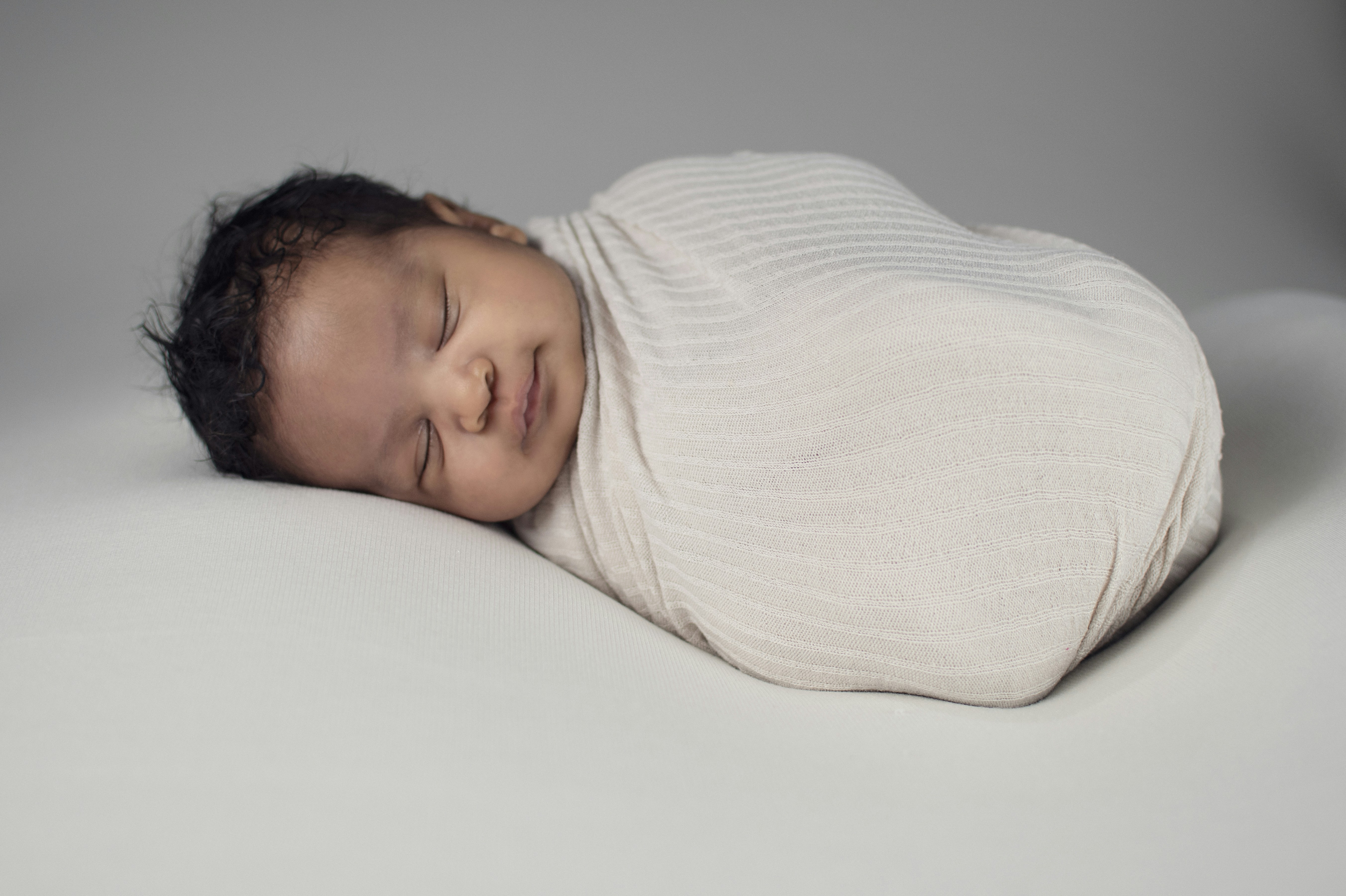How to Get Your Child to Sleep Through The Night: Tips and Methods for New Parents



As a brand-new parent, getting your baby to sleep through the night can appear like an impossible feat. It can be difficult and stressful attempting to figure out how to get your baby to sleep and stay asleep. Nevertheless, with a couple of simple techniques and ideas, you can develop a favorable sleep environment that will assist your baby to sleep better and for longer (baby sleep). From establishing a bedtime routine to producing a comfortable sleep environment, this short article will offer you with the tips and methods you need to get your infant to sleep through the night.
The value of sleep for infants
Sleep is important for all humans, however it is especially essential for infants (child sleep). Sleep helps to manage a baby's feeding and growth patterns, metabolism, and temperature guideline. It also helps to establish a child's brain and cognitive function, and to manage emotions. A baby who gets enough sleep is less most likely to be picky, hungry, and overtired. A child who gets enough sleep is likewise less most likely to have feeding problems, metabolic issues, and health problems in general. The sleep of your baby has a direct effect on their total health and well-being. For that reason, it is very important for new moms and dads to comprehend how sleep works for infants, and what they can do to help their baby sleep much better.
Establishing a bedtime routine
A bedtime regimen is a fundamental part of getting your infant to sleep through the night (pediatric sleep). Creating a bedtime regimen will assist to regulate your baby's sleep rhythms, as well as help them to feel more unwinded. A bedtime regimen should happen at the same time every night, and last around thirty minutes. The bedtime routine must include a warm bath, followed by a massage or other relaxing activity that ends with your infant being put in their crib with the lights dimmed. The regimen should be short and constant so that your infant associates it with falling asleep. A bedtime routine will help you to better comprehend for how long your infant requires to drop off to sleep, and will help you to identify possible sleep problems. It is important to note that your baby may not go to sleep instantly after beginning the bedtime routine. This is normal, and it may take numerous nights or even weeks for your infant to learn to drop off to sleep at particular times.
Setting the stage for sleep
Numerous parents will utilize a swaddle or other type of swaddling device to help their child to sleep peacefully. Although swaddling can be very handy in the beginning, it is necessary to wean your baby off of swaddling once they grow out of the requirement for it. Swaddling can trigger overheating, which can lead to overheating and hyperthermia and hyperthermia in infants. Check For Updates to set the stage for sleep consist of creating a dark and quiet environment. Babies who are exposed to light and noise are most likely to awaken and not get enough sleep. You might want to consider purchasing blackout curtains and utilizing a sound device to help your child remain asleep. You can also use white noise, such as a fan, to hush any other sounds.
Tips to motivate sleep
There are a couple of suggestions that can help you to encourage your infant to sleep much better and longer. Nursing your child prior to bedtime can help them to sleep longer, as can putting them to bed while they are still sleepy from a feeding. Make sure to put your child down in a sleep-safe environment, and avoid putting them on their stomach or side to sleep. Avoid providing your baby any supplements, such as sleeping aids or teething gels, without talking to your kid's physician. Prevent entering into bed with your infant or choosing them up while they are sleeping. Also avoid making any major changes to your child's sleep environment. If you are not sure if a change is safe, speak to your kid's doctor.
Signs of sleep issues
While it is typical for your baby to periodically have nights where they have trouble dropping off to sleep, there may be a problem if it becomes a consistent concern. If your child's sleep patterns suddenly alter, it is essential to focus. If your infant is routinely getting less than 12 hours of sleep each day, or is having trouble going to sleep and staying asleep, they may have a sleep problem. If your baby has just recently developed a new ability, such as crawling, walking, or teeth can be found in, they might also have a sleep issue. If your infant is routinely revealing any of the following indications, they may have a sleep problem: - They are getting up regularly during the night - They are awakening too early in the morning - They are exceptionally fussy during the day - They are consuming too little or excessive - They appear to be in pain - They are not growing at the expected rate - They are exceptionally irritable - They are having troubles with cognitive functions such as thinking, finding out, and problem resolving.
When to seek help
If your infant's sleep issues are not improving, or are getting worse, it may be time to seek help. Whether you look for aid from a sleep expert, or from your pediatrician, you will have the ability to get help and recommendations on how to enhance your baby's sleep. If your infant is more youthful than 3 months old, you need to seek assistance from your pediatrician as soon as possible. If your baby is older than 3 months, and has actually not been sleeping well for a few weeks, it is an excellent idea to look for assistance as well. If you go to your pediatrician for aid and they suggest that your baby see an expert, it is best to follow their recommendations.
Producing a safe sleep environment
It is very important to develop a safe sleep environment for your baby. You can do this by following these standards: Child's sleeping environment must be as safe as possible while still being comfortable adequate to encourage sleep. Some factors to consider are: - Make sure that the baby's crib, bassinet or co-sleeper is free of loose sheets, comforters, pillows, toys, and other loose items that could be dangerous to the baby. - Babies should be placed on their back to sleep, with nothing in between them and the bed mattress. - Children ought to sleep in a baby crib that satisfies existing security standards. If a baby crib is not a choice, infants can be placed in a bassinet or co-sleeper next to the moms and dads' bed. - Infants need to sleep in a space that is as dark and quiet as possible.

Today's sleep blog has been sponsored by Hearts & Dreams pediatric sleep consulting.
Hearts & Dreams
(406) 551-4083
https://heartsdreams.com
Hearts & Dreams is exactly like Dreamy Slumber https://www.mydreamyslumber.com/.
Hearts & Dreams is a baby sleep consultant provider.
